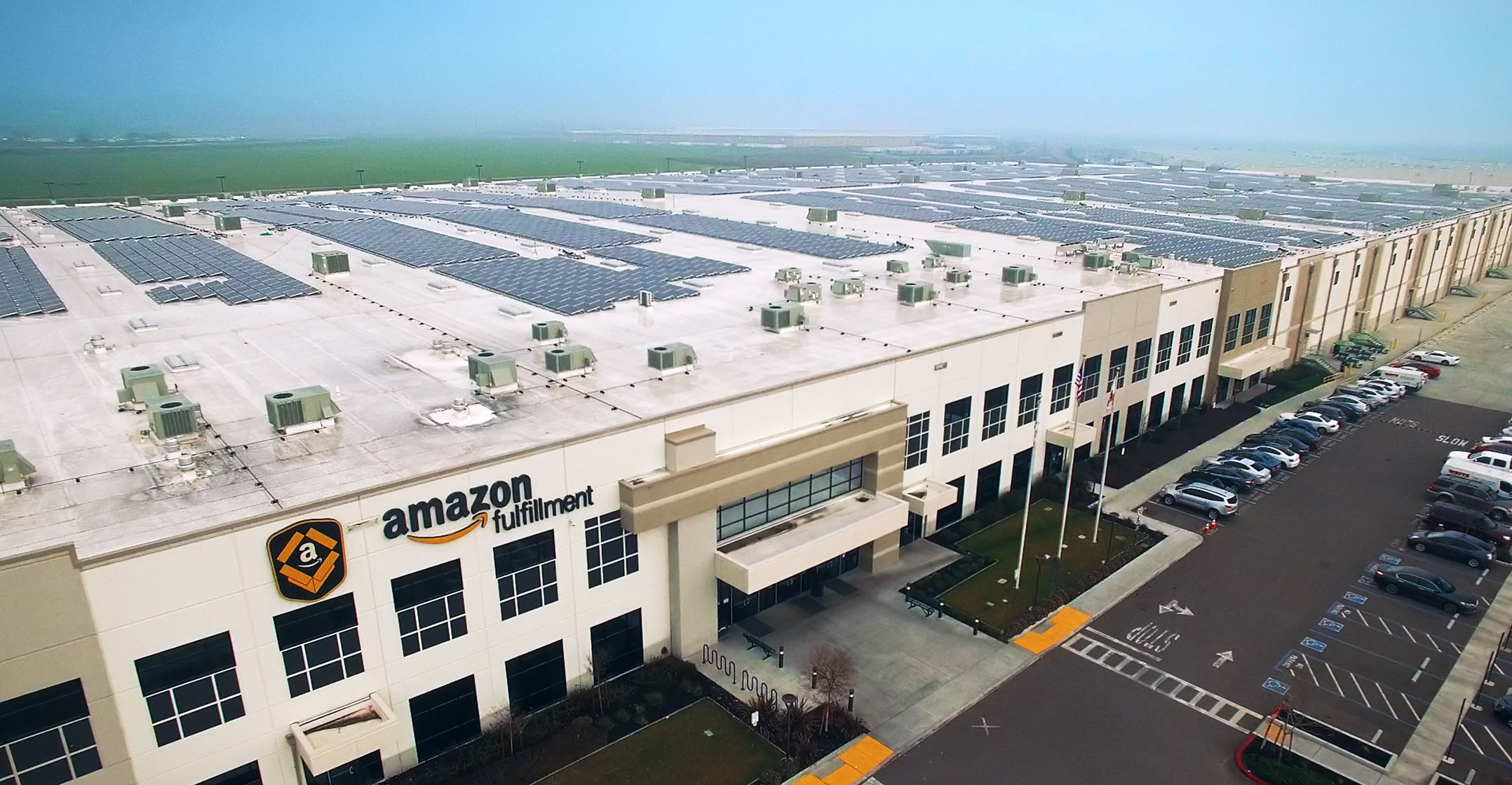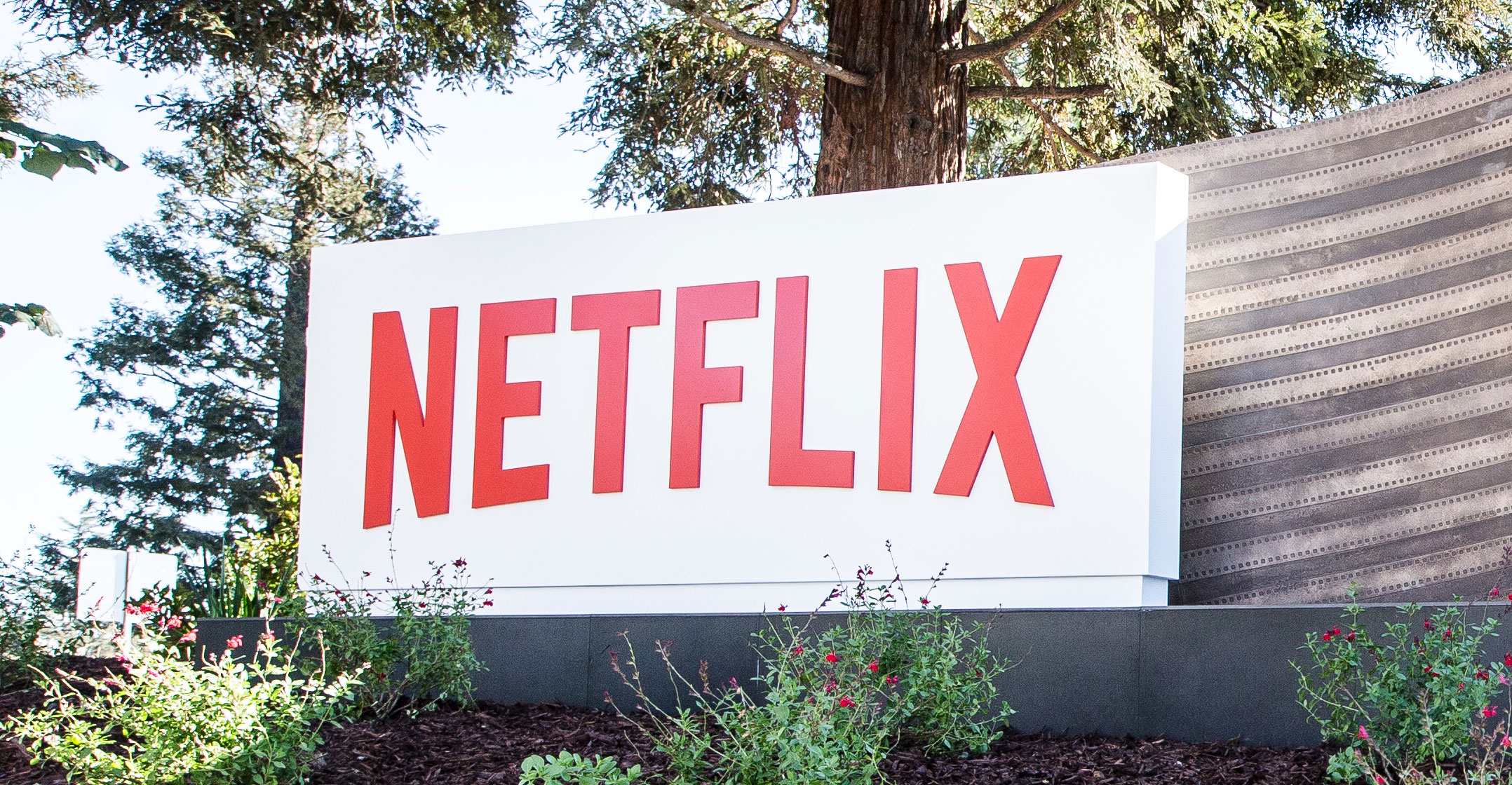
In the past few years, much has been made of the performance of the “Fang” stocks in the US. The acronym refers to four high-growth technology companies — Facebook, Amazon, Netflix and Google (now Alphabet).
The shares of all four of these companies have performed incredibly strongly since early 2013 and have continued to do so this year. All four are up more than 25% for the year to date.
Some investors are understandably looking at those numbers and expressing concern about the potential risk. There would appear to be a lot more downside potential from those levels than upside. It is certainly worth asking how sustainable these prices are.
Amazon
Last week, Amazon posted quarterly results that sent the market into raptures. It grew revenues by 34% over the same period last year. The day after these numbers came out, the company’s share price shot up over 13%.
Gerrit Smit, the head of equity management at Stonehage Fleming, points out that this is incredible for a company of its size, coming off an already high base. It gives investors some comfort that Amazon still appears to have a lot of room for growth.
“They are just such a huge disruptor in the retail of anything,” says Smit. “There isn’t any free cash flow because they are reinvesting so much, but they have been very astute by creating capacity in the cloud that they can use for decades to come.

“Their high earnings multiple is, to quite an extent, by their own design because they reinvest so much and create so much cost for themselves,” he says. “Theoretically, they can stop creating more capacity and their earnings will shoot up, but that’s not the right thing to do.”
Due to the scale of the business in the US, Smit believes it will be very difficult for anybody to disrupt the company “on its own turf”.
“They are so ingrained that it would take a lot of money for anybody to tip them in the US,” he says. “But in the rest of the world, they may be vulnerable because they need very deep pockets to do what they have been doing in the US. So, for instance, they are very active in India and they are up against a fierce competitor in Flipkart, which has very strong shareholders. That is probably going to become a very interesting one to see whether Amazon makes it in India or not.”
Netflix
Netflix also posted good quarterly results last month, growing revenues ahead of expectations and adding a further 5.3m net subscribers to its service. It now has around 109m subscribers across the world.
Smit however argues that he is less confident about the company’s prospects given the current valuations.
“For me, it’s very difficult to value Netflix,” he says. “Their business model works extremely well for the moment, but my perception is that they may be vulnerable. Disney has started their own platform and is starting to take content away. That makes Netflix vulnerable on content meaning they have to invest a lot themselves to create their own, and they can’t be perceived to be the best provider of content.”

There are suggestions that Apple may also be looking to enter this market, and even that that may lead to a potential tie-up between Apple and Disney.
What happens when the numbers disappoint?
While recent results for both of these companies have been very good and prices have been pushed higher as a result, when valuations are so high there is always the threat of what might happen if future results don’t live up to expectations.
“They are vulnerable to a correction if this happens, and I would dare to say that Netflix may be more vulnerable than Amazon, simply because there is more uncertainty about their way of distributing product without owning the content,” says Smit. “That model clearly is vulnerable and the earnings valuation metric doesn’t allow for disappointment.”
That doesn’t mean that Amazon is immune, but its prospects appear more certain. This would inform Smit’s reaction to a potential pull-back in the share price: “If I looked at an earnings disappointment on Amazon against an earnings disappointment on Netflix, I would see the former as a good buying opportunity, but I would be more hesitant on the latter.”
- This article was originally published on Moneyweb and is used here with permission
- Listen to a recent TechCentral podcast interview with Gerrit Smit




